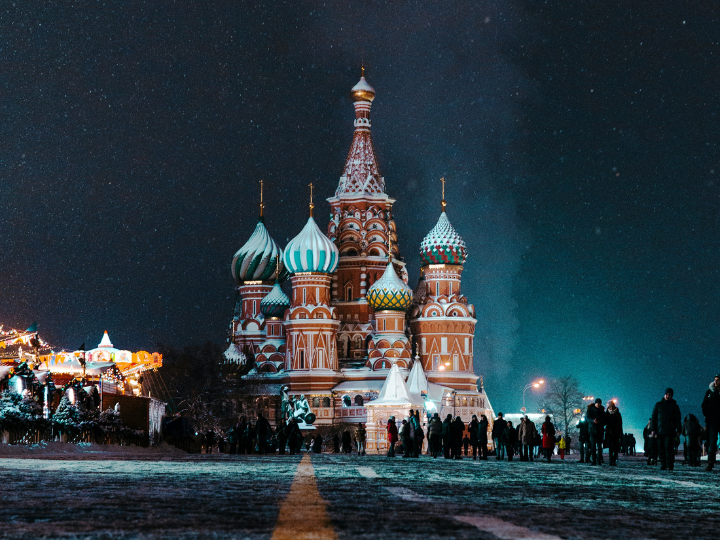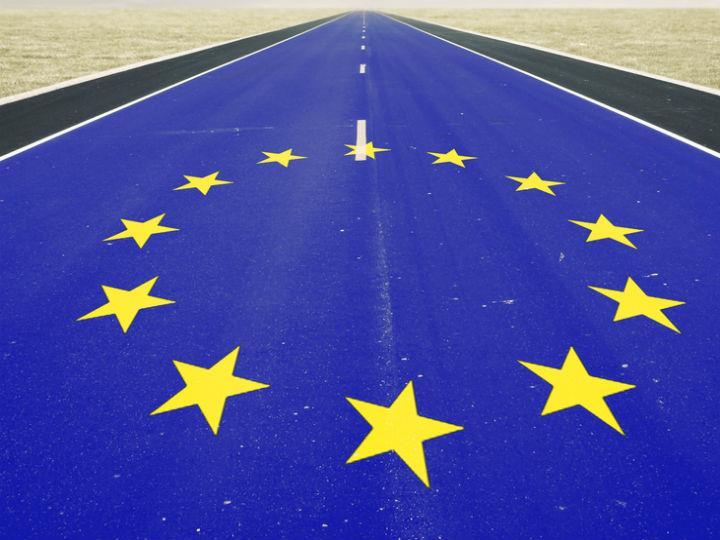by Thomas Moller-Nielsen
EU sanctions on Russia are being “massively circumvented” via third countries, a study released on Monday (26 February) revealed, corroborating mounting concerns that large portions of European exports to other jurisdictions are ultimately re-directed to Russia.
A research note by the Lille-based IESEG School of Management found “statistical evidence that the EU sanctions are massively circumvented” for so-called “high priority items”, which are subject to EU export restrictions and include manufacturing equipment and electrical components with potential military applications.
The report found that EU exports of such items to Turkey, the United Arab Emirates (UAE), Kazakhstan, and other “Kremlin-friendly” countries surged by €2.979 billion, or 81.55%, in the October 2022 – September 2023 period compared to the period the previous year.
Over the period to September last year, EU export of such goods to Russia declined by €3.231 billion, or 95.44%.
From this standpoint, the decline EU sales of advanced technology and dual-use items to Moscow was seen as almost entirely compensated by a sharp increase in exports of the same goods to West and Central Asian countries.
The increase in the sale of such goods was especially pronounced in Kyrgyzstan, where exports jumped by a whopping 1682.47%. Sharp increases were also observed in Kazakhstan (333.18%) and Turkey (72.45%) – a NATO member which has continued to hold close ties with Russia since the full-scale invasion of Ukraine in February 2022.
Quashing false hopes
The IESEG study poured cold water on the idea that the observed increases were driven by a sudden spike in domestic demand.
“The surge of these purchases by third countries is too huge to be entirely caused by an increase in local demand, so that it can be suspected that a big part was thereafter exported to Russia,” the report said.
This trend would feed into aggregated patterns observed over the course of subsequent EU sanction rounds.
“After the sanctions were implemented, the collapse of the sales of high priority items to Russia by the EU has been correlated with an atypical surge of their exports to a few other countries,” the report noted.
Eric Dor, director of economic studies at IESEG and the study’s author, told Euractiv that such re-exports are also likely fueling Russia’s industrial war machine.
“The circumvention of the sanctions is, of course, supporting this production [of military equipment] by providing Russia with necessary items,” Dor said. “So the EU is unwillingly contributing to this war effort of Russia.”
A Commission spokesperson told Euractiv that the EU has “urged third countries to ban the re-export of those goods to Russia as they are almost certainly going to be used by the Russian military on the battlefield in Ukraine”.
The role of ‘grey imports’
“I think it’s important to understand that Russia’s economy is resilient because it is, for the most part, still a market economy”, Janis Kluge, a senior associate at the German Institute for International and Security Affairs (SWP), told Euractiv.
The country’s market-economy ability to re-adjust favoured a “decentralised effort” by “thousands of [businesses] managers”, he noted, to find their ways around sanctions and “keep things working” – thus proving to be one the key factors behind Russia’s relative “resilience” to Western sanctions — the 13th package of which was announced earlier this week.
“There were new traders popping up who specialised on importing these goods through third countries,” Kluge said. “There’s a whole industry that has appeared, which is dedicated to the circumvention of sanctions – because it’s a billion-dollar business.”
The figure refers to what was reported by the Russian government last December, when over $70 billion worth of goods were confirmed to have been imported into the country through so-called “parallel” or “grey” imports – helping the total 2023 imports to slightly exceed pre-sanction levels to reach $300 billion, according to Moscow.
Parallel imports, where products are traded outside of the distribution networks established by the original manufacturers and suppliers, also allowed Russia to curb imports from “unfriendly” countries to 29%, from 50% in 2021, the government also reported.
Russia’s parallel-trade mechanism last year prompted the EU’s top diplomat, Josep Borrell, to admit to the limits of EU sanction packages – which in terms of exports only apply to direct European companies’ exports to Russia, and do not have an extraterritorial effect.
“We have seen an abnormal increase of third countries importing goods that are banned by the EU, including high-tech products. For example, EU exports of vehicles to Russia reportedly fell by 78% in 2022, while exports from the EU to Kazakhstan surged by 268%,” he said.
In its most recent sanction packages, the European Commission has increasingly focused on banning European companies’ trade with businesses in third countries – such as China, India and Turkey – that have been found to help Moscow circumvent EU restrictions.
The Commission’s 14th sanction package is expected by some to broaden restrictions from individual companies to wider sectors – as one of the potential routes to tackle circumvention more effectively.
“The Commission is working hard to crack down on [circumventing EU sanctions]” a Commission spokesperson told Euractiv.
*first published in: Euractiv.com




 By: N. Peter Kramer
By: N. Peter Kramer

